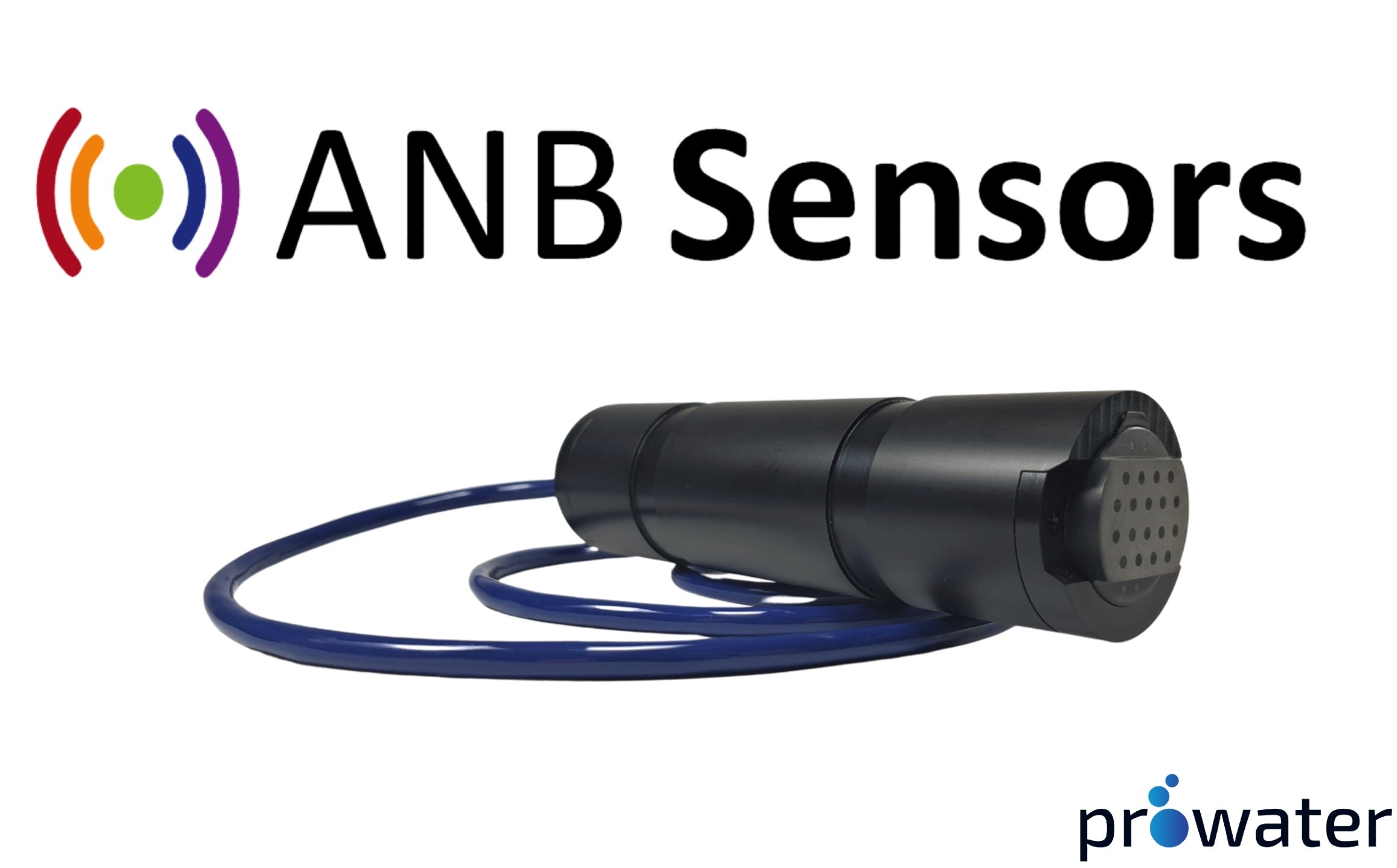pH values are critical indicators of the chemical properties of various products, playing a vital role in scientific, industrial, and environmental applications. Accurate and reliable pH measurements are essential in sectors such as food production, water treatment, pool maintenance, and laboratory research.
Collaboration announcement
Pro Water is dedicated to enhancing its product offerings to better support its customers. In line with this goal, we are pleased to announce our collaboration with ANB Sensors LTD, a leading British technology company known for its innovative solid-state sensors for pH, conductivity, and temperature. This partnership aims to improve technology used in industrial processes, water management, wastewater treatment, and surface water monitoring.
Pro Water specializes in measurement, control, and dosing equipment, providing reliable services tailored to customer needs through our in-house expertise. This collaboration not only extends ANB Sensors’ market reach in the Netherlands, Belgium, and Luxembourg, but also allows customers in the region to benefit from the latest advancements in environmental monitoring.
Customer benefits
The partnership holds significant promise for stakeholders in the water sector. Customers will gain easy access to state-of-the-art technology for on-site calibration, reducing the need for manual intervention. Traditional pH sensors, particularly glass electrodes, often require manual calibration due to the degradation of the reference electrode, which can account for up to 70% of operational costs. By implementing this new technology, customers can achieve savings in time, costs, and energy while enhancing the productivity of pH measurements.
Addressing existing challenges
The conventional glass electrode technology has remained largely unchanged for nearly a century, with millions sold annually to meet increasing demand. While glass electrodes are the standard choice, their reliance on manual calibration presents challenges. By adopting solid-state sensors that eliminate the need for manual calibration, maintenance is simplified, and operational costs can be significantly reduced, allowing for a longer lifespan for autonomous detection. This innovation opens doors for integrating pH technology into autonomous sensor networks, facilitating long-term monitoring and expanding its applications.
Source: Pro Water


